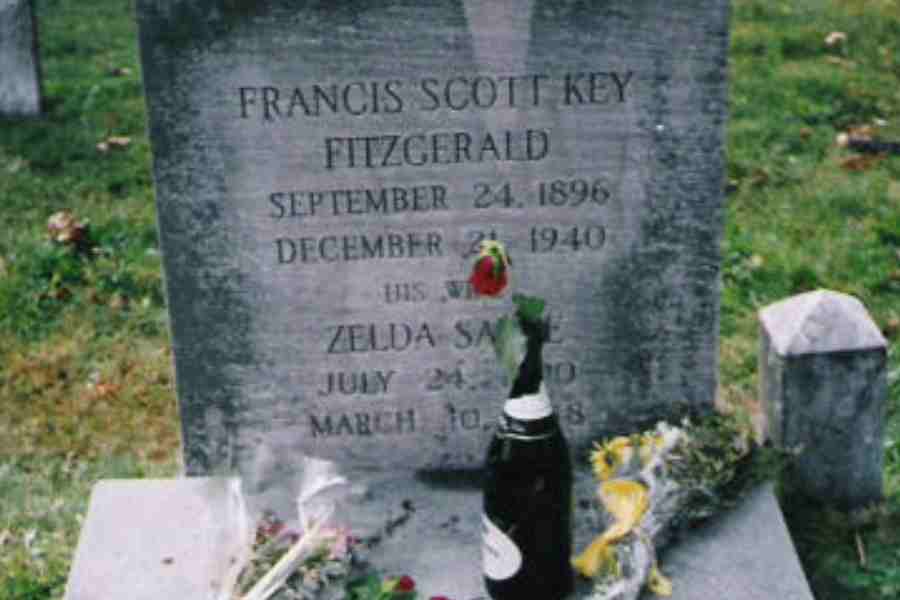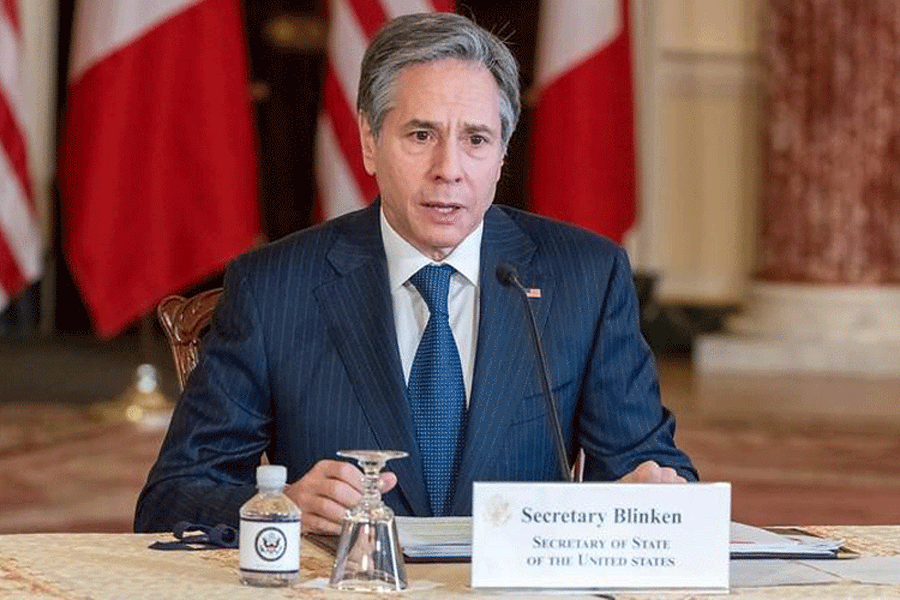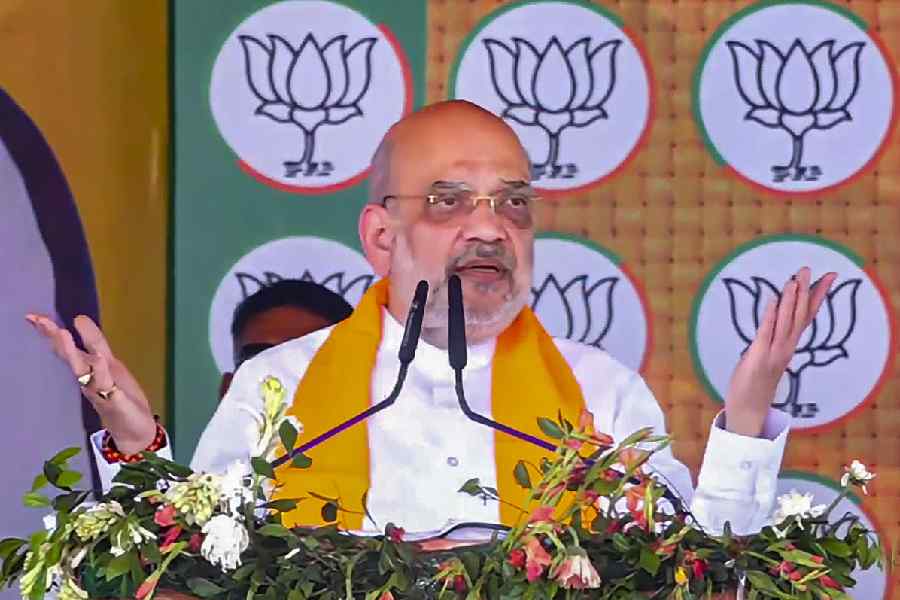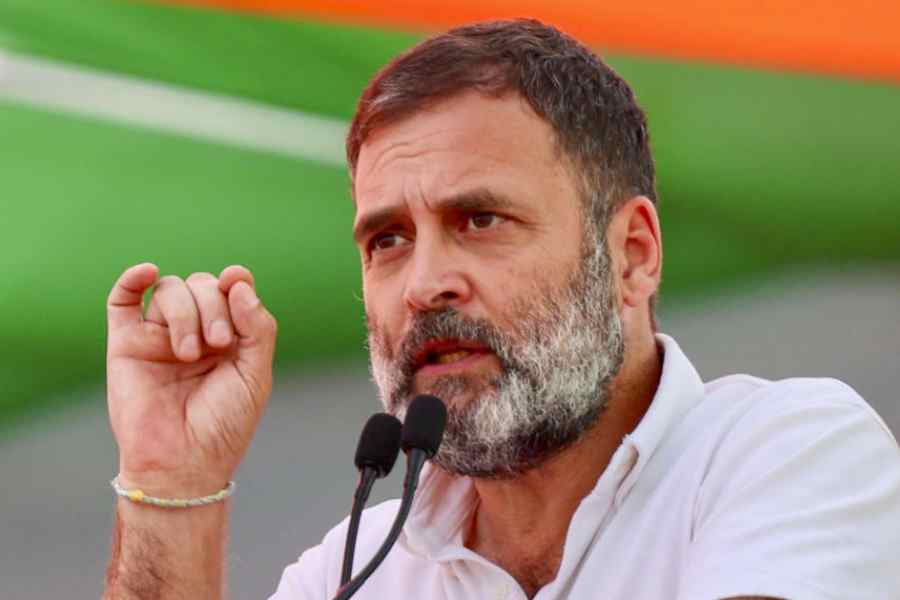After learning that 11th and 12th-grade students would be rehearsing how to respond to a shooting on campus, a psychology teacher in an Orlando school instructed them to write their biographical obituaries as classwork. The assignment, he reasoned, would prompt them to reflect on their lives. The teacher, Jeffrey Keane, was fired the same day: the school authorities thought that Keane had “[given] an inappropriate assignment [on] school violence.” Was Keane’s act viewed as a satyagraha against America’s gun laws?
The writing of one’s obituary is uncommon. But it can give the writer an opportunity to have the final say. The mother of the five-year-old, Garrett M. Matthias, helped him write his own obituary before his death from a rare kind of cancer. Garrett wrote he didn’t want a sad funeral. “I wanted people to get a sense of Garrett’s personality,” his mother said. “It struck me we should write it in his words.”
There are other examples of self-obituaries. The epitaph on Michael Madhusudan Dutta’s tomb, which was built 15 years after his death, is one of his own verses. F. Scott Fitzgerald’s epitaph was inspired by the final line of The Great Gatsby: “So we beat on, boats against the current, borne back ceaselessly into the past.” While Oscar Wilde used a line from his final work, “The Ballad of Reading Gaol”, to summarise his life, Robert Frost used the final line of his poem, “The Lesson for Today”, to do the same: it reads, “I had a lover’s quarrel with the world.” Benjamin Franklin seemed to be a pioneer in this respect: he composed his own epitaph at the age of 22! The celebrated Urdu humorist, Mujtaba Hussain, who passed away in 2020, wrote about how he exited the world. His “Apni Yaad Mein” is a masterpiece among self-obituaries.
After attending a workshop called “How to Write Your Own Obit”, run by a local library, Meg Dalton, the deputy director of storytelling at Connecticut Public, a broadcaster, wrote an article titled “Writing Your Own Obituary Can Teach You How to Live”. In it, she described the challenges in filing self-obituaries — “Writing your own obituary gives you a chance to audit your own life,” wrote Dalton, adding, “Hopefully, I’ll continue to update my obituary for years to come — and learn something about myself along the way.” Interestingly, Keane, the dismissed psychology teacher, had echoed similar sentiments. He said he had wanted to help the students understand “what’s important in their lives and how they want to move forward with their lives and how they want to pursue things in their journey.”
Back to Florida again. Bizarre decisions have reportedly been made in the state. Its public education system has banned discussions on gender and sexual identity in classrooms. Carrying a concealed weapon in public without a permit has been made legal by Florida’s governor, a move that can, it is feared, lead to an exponential increase in gun violence. Incidentally, over 100 mass shootings have been reported in the United States of America this year.
However, writing one’s own obituary may not be the best way to respond to such an attack on school students. Just as students are expected to apply their minds, teachers, too, should reflect before assigning work to their pupils.










